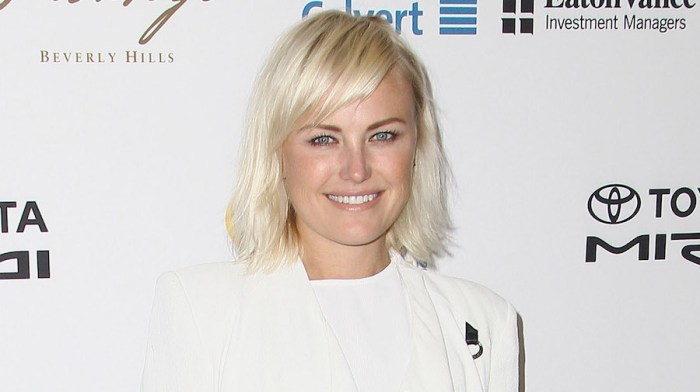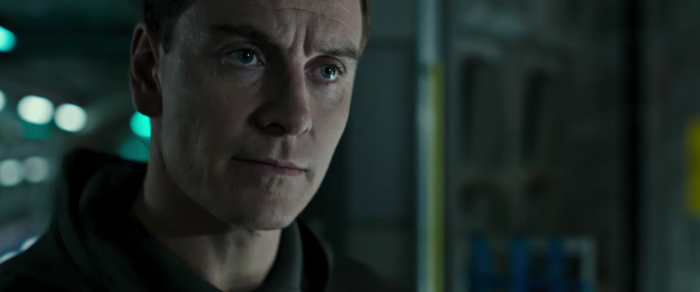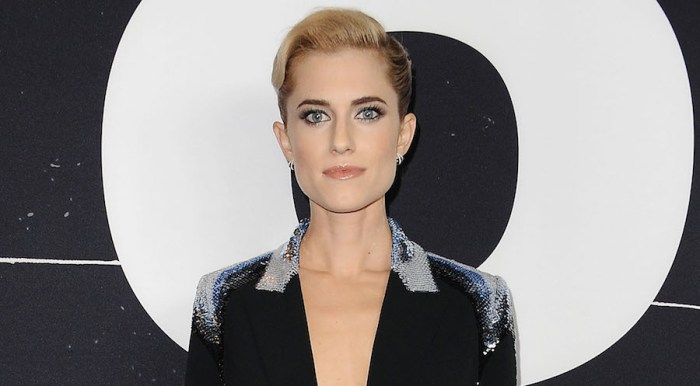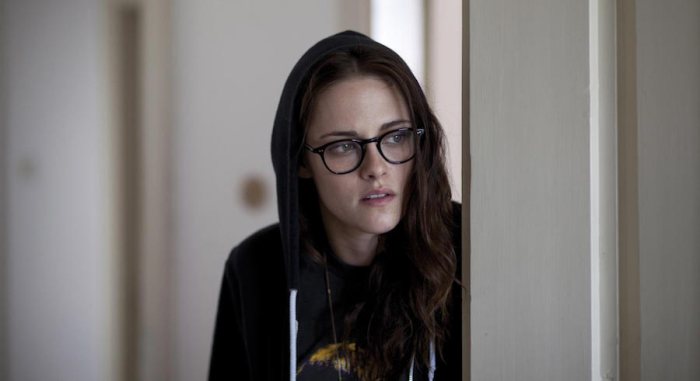Horror movies teem with death, but few are really about death — the fun fact that one day every single one of us will cease to exist. Our bodies will fail us, slowly but surely. The best we can hope for is that passing on comes quick, though not anytime soon. So if you’re really and truly morbid this Halloween, why not spend it not with a movie where anonymous teenagers get hacked up by some supernatural being? Put on your black eyeliner, smoke some cloves and while away your limited time on earth with a movie that looks mortality square in the face. Here are some films that grapple soberly and grimly with the meaninglessness of existence. RELATED: Bruce Campbell on “Ash vs. Evil Dead” and hating his old “Dead” performances ‘The Grey’ (2012) ‘All That Jazz’ (1979) ‘Never Let Me Go’ (2010) ‘The Incredible Shrinking Man’ (1957) ‘Blue’ (1993) ‘Synecdoche, New York’ (2008) ‘The Mouth Agape’ (1974) ‘The War Game’ (1965) ‘Europa’ (1991) ‘Enter the Void’ (2010) Like, half of Ingmar Bergman films Bill and Ted’s Bogus Journey (1990)
Billed as a movie where Liam Neeson fights a wolf, this thriller is actually a great film about death and accepting that mortality is not just looming but is around the corner. Things peak early when, after a plane crash has deposited Neeson and fellow oil drill team members in remote Alaska. One of them (James Badge Dale) is already fatally wounded, and instead of lying to him about his chances of survival, Neeson just tells him to do his best to enjoy his last remaining seconds of existence. The rest finds them staving off the inevitable, which will come by freezing temperatures, falling down tall trees or being consumed by wolves. But each has to eventually accept that death is in the cards. And there’s a wolf fight — sort of.
Legendary choreographer Bob Fosse wouldn’t die until 1987, but he foresaw his demise — by drugs, drink and stress — eight years prior in his own twist on/ripoff of Fellini’s “8 ½.” Roy Scheider plays a thinly-veiled Fosse stand-in who finds his daily routine of pill-popping and over-extended workloads finally getting the better of him. It’s pure narcissism, writ in giant, brilliant neon lights, complete with a battering ram of extravagant (and deeply inventive, and deeply weird) musical numbers of people bidding our anti-hero farewell as he heads into nothingness. The last cut is like the last word on the finality of death.
Kazuo Ishiguro’s novel about a future in which select people are bred specifically to donate organs and then wither away was made into an appropriately downer movie, with Carey Mulligan, Andrew Garfield and Keira Knightley slowly realizing there’s no way out. (Although, in Mulligan’s case, she actually has a car and could always, you know, keep driving? But movies are movies.) Still, ignore some logic holes and it’s a minor key study of the inability to negotiate our way out of decaying into nothingness, even if we’re about to play Spider-Man. Because if we are we’ll always be replaced by some punk kid.
A hooky drive-in b-movie premise — an everyman (Grant Williams) is exposed to a mysterious mist that causes him to slowly reduce in size — is actually a deeply disturbing look at existential dread. Where else could our hero wind up but shrunk into absolute nothingness? There’s no last-minute antidote, no hope of being restored to normal size. He just keeps getting smaller and smaller and soon embrace the ideas that Elisabeth Kubler-Ross wouldn’t put into print until her 1969 book “On Death and Dying.”
Derek Jarman knew he was going to die. In fact by the time he made his final film the AIDS virus had taken the daring English director’s sight. As such, “Blue” is a single image: a bold saturated blue for 79 minutes, with a soundtrack whose busy-ness takes up the slack. We hear voices, including regulars Tilda Swinton and Nigel Terry, plus Jarman himself, mixed with music ranging from Erik Satie to Brian Eno. It’s effectively an artist’s last will and testament, done his way, right before he passed off into the ether.
Charlie Kaufman is the resident king of depressos, offering tough love missives on stalled careers and love lives (“Being John Malkovich”) and failed relationships (“Eternal Sunshine of the Spotless Mind”). Even those aren’t as drink-making than his directorial debut, which posits that a life spent moping about one’s failures and neuroses is one that’s been wasted. Philip Seymour Hoffman’s sadsack playwright uses his MacArthur Genius Grant to hole himself and a sprawling cast and crew inside a massive warehouse for decades, re-enacting not only moments from his life but re-enactments of the re-enactments, and so on and so forth until death arrives and he’s no closer to enlightenment.
French filmmaker Maurice Pialat once made a movie about a bad relationship actually called “We Won’t Grow Old Together.” Of course his movie about a dying woman in her last, wheezing days is rough. Barely conscious, she’s been reduced to a body that can barely fight for its last breaths, as family members stand around helpless and not a little bored.
A lot of these are about one or a group of people dying. Peter Watkin’s scathing mock-doc about a possible nuclear strike on England is about all of us dying, horribly, on fire, thanks in part to bureaucratic screw-ups. The film won the Oscar for Best Documentary Feature, partly because it all looks so real, and partly because it’s a meticulously researched look at how badly everyone was prepared for the aftermath of Cold War warfare. Luckily we don’t have to worry about Atomic genocide anymore and bureaucracies have figured their stuff out.
Lars Von Trier made one of the bleakest films about the end of the world, “Melancholia,” which ends with the entire planet — and our heroes — incinerated. But we have to mention this art-thriller, even if it isn’t all about death. That’s because it has one of the all-time great death scenes. [This is a spoiler warning. Turn back now. Or not. This has been a spoiler warning.] Our befuddled hero (Jean-Marc Barr) is in a train that crashes into a river. He’s trapped in a part of the car with a cage. There might be a way out, but there probably isn’t. And as he tries to escape for the surface, the narrator (Max Von Sydow) informs us he has 10 seconds to live. Then he counts down. And so we watch, patiently.
Most of these have been about the finality of death, as understood from a purely materialistic and/or full-on atheistic, standpoint. In other words, these films don’t necessarily show or even believe in a god or gods and an afterlife. Gaspar Noe’s film does. In fact, it presents the “Tibetan Book of the Dead” take on the afterlife, in which the dead float around forever. But first we have to see our drug dealer hero (Nathaniel Brown) killed from a first-person point-of-view shot, meaning we get to see what it’s like to be shot with a gun and then look down at the gaping hole in our chest. There’s a lot of craziness to come: an epic series of flash memories to beloved and traumatic memories done on shuffle; a close-up of a John Thomas mid-bang; even a graphic abortion done with the “camera” gliding into the, um, area for a better look. But nothing is as disturbing as the death scene that kicks it all off.
Not all of the Swede’s work were about grappling (or playing chess) with death. He made a couple romantic comedies, a musical, even a jaunty Mozart opera (1974’s “The Magic Flute”) dumped in between musings on the meaninglessness of existence in a godless universe. But he mostly went goth. We like “The Seventh Seal” just fine, though we find “Cries and Whispers” a bit too on-the-nose. “Winter Light,” though, is a robust, tough look at people genuinely grappling with devout religious faith against the odds, and “Wild Strawberries” a sock-in-the-gut about age and decay.
Speaking of Bergman, you could just watch this, where death means being reborn to save the world by writing a song made popular in real life by Kiss (but written by The Zombies’ Rod Argent). Happy Halloween!
Happy Halloween! Here are the best films about death
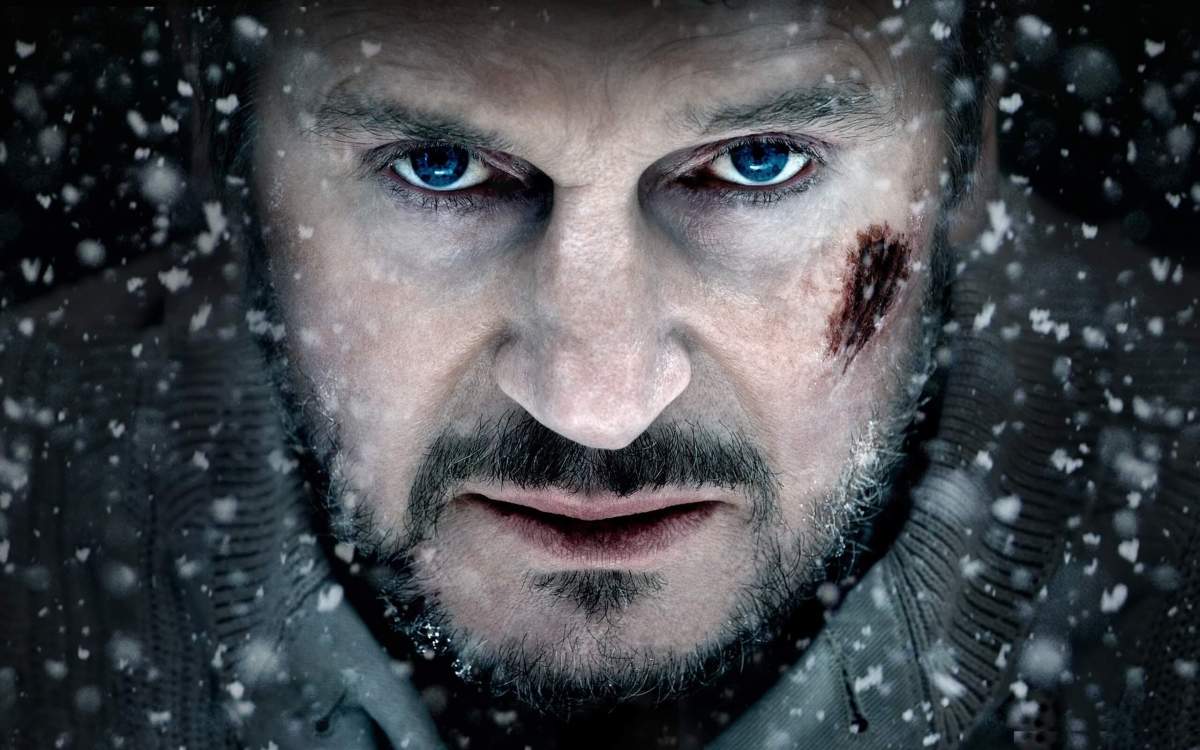
Open Road Films
Follow Matt Prigge on Twitter @mattprigge











